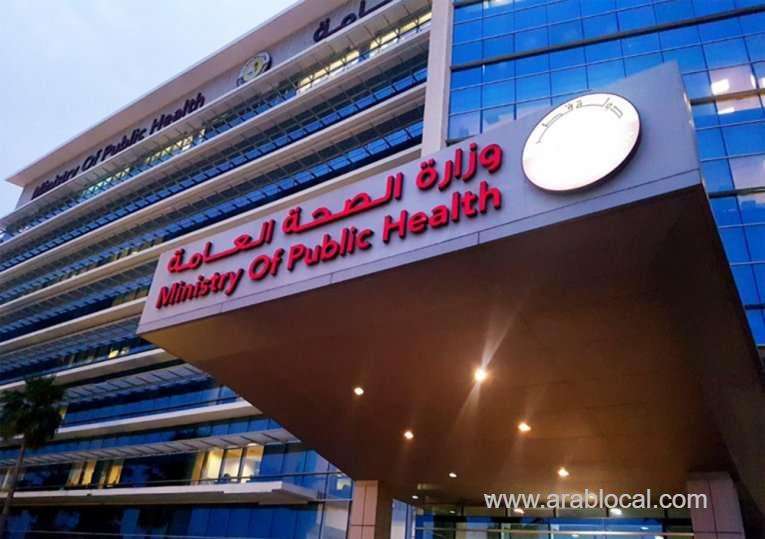
Though most people infected with the COVID-19 virus will experience a mild to moderate respiratory illness and recover without requiring special treatment, older people are more likely to develop serious illnesses, said the Ministry of Public Health in guidance for older adults in view of the outbreak.
“If you are over 65 years of age, especially if you have underlying medical problems like cardiovascular disease, diabetes, chronic respiratory disease and cancer, you can experience more severe symptoms and are more likely to need intensive hospital care if you get the infection,” the Ministry said issuing a set of guidelines.
To protect themselves from COVID-19 older people are advised to follow the instructions of MoPH by practicing physical distancing, staying home, avoiding crowds, parks and refraining from touching one another or surfaces. Personal hygiene is extremely important at this time of the virus outbreak.
According to the Ministry, “Wash your hands regularly with soap and water. If soap and water are not available, clean your hands with an alcohol-based solution (60%) or a sanitiser. Avoid touching your eyes, nose and mouth (or ensure you wash your hands before and after). Refrain from having visitors – this means not having family and friends visiting, including young children, as even though the children might not be sick, they could be carriers of the virus. Avoid sharing living areas with family members - try to stay in a separate room to the rest of the family, and use a separate bathroom. Keep your distance from other people - maintain at least a 2m distance between yourself and anyone around you. Avoid physical contact with others - refrain from kissing, shaking hands or hugging as a greeting.”
The Ministry has also advice to maintain a clean environment – regularly clean and disinfect frequently touched surfaces, ensure household staff follow good practices - if employ household and/or private nursing staff, ensure they adhere to the strict hygiene protocols of hand washing and ask them to keep a mask on when near.
It is important for anyone who has to take regular medication to continue with this, especially if the person has chronic conditions or other illnesses that require to take regular medication.
“If you need physical help in taking your medications, make sure whoever gives the medication washed their hands well before and after completing the task. Ensure you have enough medication doses so you don’t run out. If you need a repeat prescription you can call your family physician. Please allow someone else to pick up the prescription and medication, even if you feel fine and have always done this yourself. Don’t put yourself or your family at risk if you don’t have to” said the Ministry.
If an older person are show symptoms such as coughing, sneezing, fever or shortness of breath, you may need assessment by healthcare professional. Start self-quarantine, avoid any contact with others and call the national hotline at 16000.
Older adults are also advice to practice the ‘Sick day rules’ and check blood pressure more often, reduce sodium (salt) and fat (that leads to higher cholesterol) in diet.
Especially older adults are advised not to stop medication unless directed by the doctor and always follow recommendations given by healthcare professionals. The Ministry also advised older adults to temperature, when needed use acetaminophen (paracetamol/Panadol) rather than anti-inflammatory (ibuprofen/Advil).
SOURCE: THEPENINSULAQATAR